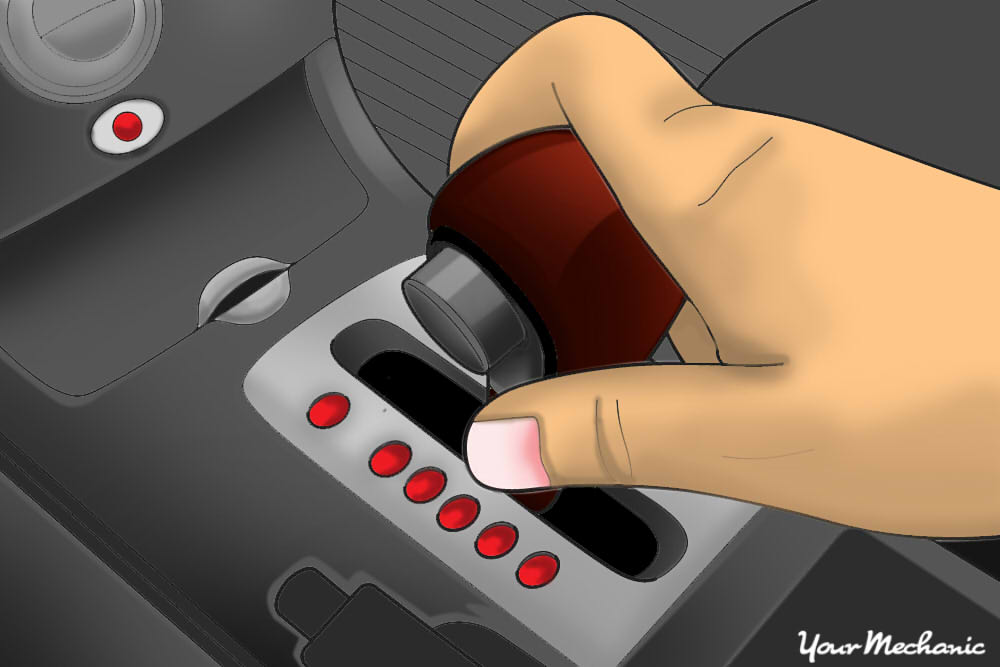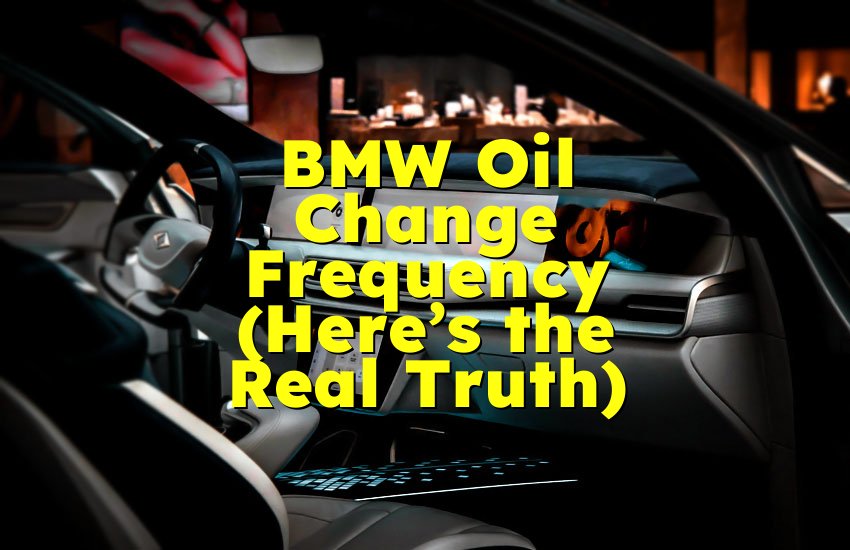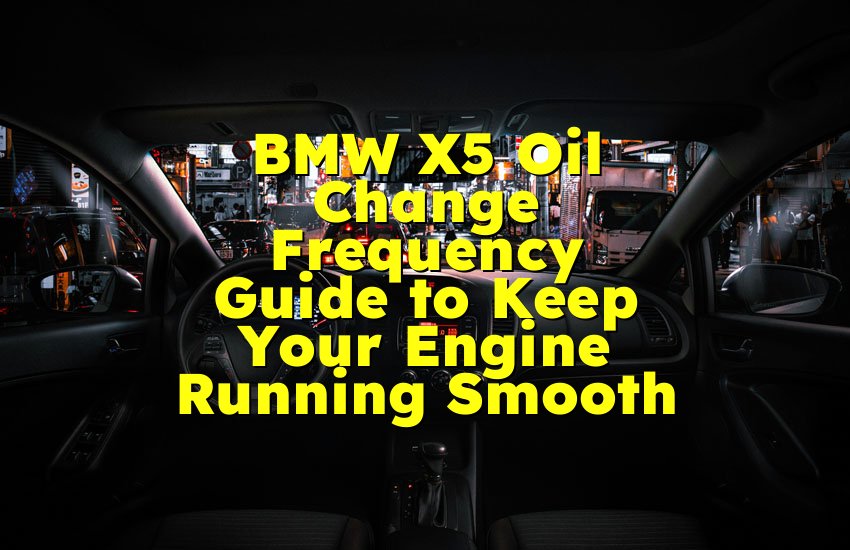As an Amazon Associate, I earn from qualifying purchases at no extra cost to you.
Troubleshooting Guide: Why Is My Car Making A Whistling Noise?
If your car is making a whistling noise, it could be due to a vacuum leak, worn-out bearings, or a damaged seal. These issues can result in air or fluids escaping from their intended pathways, creating the distinctive whistling sound.
It’s important to have your car inspected by a professional mechanic to pinpoint the exact source of the noise and address any potential safety concerns. Driving a car that is making unusual noises can be concerning, but identifying and resolving the issue promptly can prevent further damage and ensure your safety on the road.
We’ll explore some common reasons why your car may be producing a whistling noise, along with potential solutions to address the issue and keep your vehicle running smoothly.
Common Causes Of Whistling Noise
Wondering why your car is making a high-pitched whistling noise? There are several common causes of this irritating sound that could be signaling a potential issue with your vehicle. Identifying these causes can help you troubleshoot the problem and seek the appropriate repairs. In this article, we’ll explore the common culprits behind a whistling noise in your car. Let’s dive into the details.
Loose Belts
One of the most frequent reasons for a whistling noise in a car is loose belts. The serpentine belt or drive belt can become worn or cracked over time, causing it to slip or produce a high-pitched sound. Additionally, if the tension on the belt is incorrect, it can also result in a whistling noise. Regular inspection and maintenance of your vehicle’s belts can prevent this issue from occurring.
Exhaust System Issues
A faulty exhaust system can also be to blame for the whistling sound coming from your car. This could be caused by a small hole or crack in the exhaust pipe or muffler, allowing air to escape and produce the whistling sound. If you notice this type of noise coming from the rear of your vehicle, it’s essential to have the exhaust system thoroughly inspected and repaired to prevent further damage.
Vacuum Leaks
Vacuum leaks can lead to a high-pitched whistling noise in your car. A vacuum leak occurs when air enters the engine without being measured by the air flow sensor, causing the engine to run lean. Common sources of vacuum leaks include damaged hoses, gaskets, or seals. Finding and repairing these leaks is crucial to maintain the proper functioning of your vehicle’s engine and eliminate the whistling noise.

Credit: medium.com
Diagnosing The Problem
When your car starts making a whistling noise, it can be quite alarming. Diagnosing the problem early can prevent further damage and costly repairs. Here are some steps to help you identify the source of the whistling noise and take the necessary actions to resolve it.
Listening For The Source
To start diagnosing the whistling noise, listen carefully while driving. Check if the noise occurs while accelerating, decelerating, or at a constant speed. Take note of any specific conditions that trigger the noise, such as turning, braking, or idling.
Checking Under The Hood
Open the hood and visually inspect the engine components. Look for any damaged or loose hoses, belts, or pulleys. Check the air intake system for any cracks, leaks, or obstructions that could be causing the whistling noise. Ensure all engine components are securely in place and free from excessive wear and tear.
Inspecting The Exhaust System
Examine the exhaust system for any leaks or holes that could be causing the whistling noise. Check the exhaust pipes, muffler, and catalytic converter for damage or corrosion. Verify that all exhaust system components are properly connected and sealed to prevent any air or gas leaks.
Tools You Might Need
When trying to diagnose the source of a whistling noise coming from your car, having the right tools on hand can make the process much easier. Below are some tools you might need:
Flashlight
A flashlight will help you inspect hard-to-reach areas under the hood or beneath the vehicle to identify potential sources of the whistling noise.
Socket Set
A socket set is essential for removing various components or parts of the car where the whistling noise could be originating from, allowing for closer examination.
Stethoscope
A stethoscope can be used to pinpoint the exact location of the whistling noise by listening closely to different engine components or sections of the car.

Credit: www.yourmechanic.com
Diy Fixes
Experiencing a whistling noise from your car? DIY fixes like checking for leaks in the vacuum system and inspecting the air intake can often solve this common issue. Keeping up with regular maintenance can prevent further problems down the road.
Tightening Belts
If you hear a whistling noise coming from under the hood of your car, it could be due to loose or worn-out belts. Belts play a crucial role in the proper functioning of various components, such as the alternator, power steering pump, and air conditioning compressor. Over time, belts can become loose or stretched, causing a high-pitched whistling sound. The good news is that you can fix this issue yourself with a few simple steps.
- Start by locating the serpentine belt in your car.
- Using a wrench, locate the tensioner pulley and rotate it in the direction specified by your vehicle’s manual to release the tension on the belt.
- Carefully remove the belt from the pulleys, taking note of its routing.
- Inspect the belt for any signs of wear, such as cracking or fraying. If you notice any damage, it’s recommended to replace the belt altogether.
- If the belt appears to be in good condition, proceed to tighten it.
- Using an appropriate sized wrench, adjust the tensioner pulley to tighten the belt. Be sure to follow your vehicle’s manual for the correct tension specifications.
- Once the belt is properly tightened, test your car to see if the whistling noise has disappeared.
Repairing Exhaust Leaks
Another common cause of a whistling noise in a car is an exhaust leak. An exhaust system is designed to carry away fumes from the engine, but if there’s a leak, it can cause a whistling sound. Identifying and fixing an exhaust leak may seem intimidating, but with a little guidance, you can do it yourself.
- First, park your car on a level surface and let it cool down.
- Put on protective gloves and safety goggles before getting underneath the vehicle.
- Examine the exhaust system for any visible signs of damage or loose connections.
- If you notice any damaged or rusted areas, these may indicate an exhaust leak.
- Depending on the severity of the leak, you can use appropriate sealants or even replace sections of the exhaust system.
- Make sure to follow the instructions provided with the sealant and allow it to cure before starting the engine.
- Finally, test your car to see if the whistling noise has been resolved.
Fixing Vacuum Leaks
In some cases, a whistling noise can be attributed to a vacuum leak. A vacuum leak occurs when there’s an unintended gap or crack in the vacuum system of your car, which can disrupt the engine’s airflow and result in a whistling sound. Luckily, locating and fixing a vacuum leak is a relatively straightforward process.
- Inspect all vacuum hoses connected to your car’s engine for any signs of damage or disconnection.
- If you find any damaged or loose hoses, replace or reattach them as necessary.
- Use a spray bottle filled with soapy water to spray along the hoses and connections.
- If there’s a vacuum leak, you’ll notice bubbles forming at the site of the leak.
- Once you’ve identified the leak, replace the damaged hose or tighten the connection using proper tools.
- After making the necessary repairs, start your engine and check if the whistling noise has vanished.
When To Seek Professional Help
If you’ve been hearing a persistent whistling noise coming from your car, it’s important to address the issue promptly. While some whistling noises may be minor and easily fixed, others can indicate more complex problems that require professional attention. In this section, we’ll explore the signs that indicate when it’s time to seek help from a qualified mechanic.
Persistent Whistling Noise
If the whistling noise in your car continues even after you’ve attempted to identify and fix the issue yourself, it’s a clear indication that you need professional assistance. This persistent sound could be an indication of a more serious underlying problem that requires specialized knowledge and equipment to diagnose and repair.
When you hear a persistent whistling noise, it’s possible that there may be an issue with your car’s engine or exhaust system. A skilled mechanic will be able to perform a comprehensive inspection and pinpoint the exact cause of the whistling noise.
Complex Repairs Needed
When it comes to more complex repairs, seeking the help of a professional is always the best course of action. If you’ve already attempted basic troubleshooting methods, such as checking for loose or damaged parts, and the whistling noise persists, it’s time to hand over the reins to an expert.
Complex repairs may involve intricate components of your car’s engine, such as the turbocharger or the intake manifold. Without the proper tools and expertise, attempting to fix these issues on your own could lead to further damage and costly repairs down the line.
By turning to a professional mechanic, you can be confident that they have the knowledge and experience necessary to accurately diagnose and repair the problem causing the whistling noise. This will not only save you time and effort but also ensure that the repairs are done correctly the first time.
In conclusion, if a persistent whistling noise persists in your car despite your troubleshooting attempts, it’s time to seek professional help. Leave the complex repairs to the experts and rely on their expertise and specialized equipment to diagnose and fix the issue, saving you time, money, and potential headaches in the long run.
Cost Of Repairs
The cost of repairs for a car making a whistling noise can vary depending on the underlying issue. Identifying the exact cause of the noise is crucial in determining the cost-effectiveness of the repairs. Below are some common areas that may need attention along with their estimated repair costs.
Belts Replacement
Replacing worn-out belts can range from $100 to $200, including parts and labor. Regular maintenance can help prevent belt-related issues and minimize repair costs.
Exhaust System Repairs
Repairing an issue with the exhaust system typically costs between $200 to $500. Timely fixing of exhaust leaks can prevent further damage and higher repair expenses.
Vacuum Leak Fixes
Fixing a vacuum leak can cost around $150 to $300. Addressing this issue promptly can improve fuel efficiency and prevent engine performance problems.
Preventive Maintenance Tips
When it comes to preventing a whistling noise in your car, preemptive maintenance is key. By conducting regular inspections and keeping up with maintenance tasks, you can avoid the inconvenience and potential expenses associated with unexpected car issues. Below are some preventive maintenance tips that can help you identify and address the sources of whistling noises in your vehicle.
Regular Inspections
Regular inspections of your car's components and systems can help you catch potential issues before they escalate. Take the time to visually inspect the engine area for any signs of wear or damage, focusing on the belts, hoses, and gaskets. Additionally, paying attention to any unusual sounds during driving can help you catch problems early on.
Keep Belts Tight
One common cause of a whistling noise in a car is loose or worn-out belts. Ensure that all belts are properly tightened and free from cracks or fraying. If you notice any signs of wear, promptly replace the belts to prevent potential issues and the associated noise.
Checking For Leaks
Leaks in the engine compartment or within the exhaust system can also lead to whistling noises. Regularly check for any signs of leaking fluids, including oil, coolant, or transmission fluid. Addressing these leaks promptly can help maintain the proper functioning of the components and prevent whistling noises from occurring.
By following these preventive maintenance tips, you can proactively address potential sources of whistling noises in your car and keep your vehicle running smoothly.

Credit: www.whocanfixmycar.com
Conclusion
Is your car making a whistling noise? Don’t ignore it – get it checked. Ignoring could lead to bigger problems. Stay safe and address the issue promptly. Trust your instincts and address any unusual car sounds early on. Your car’s health is worth it.











